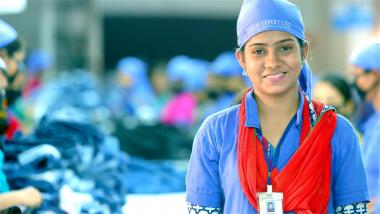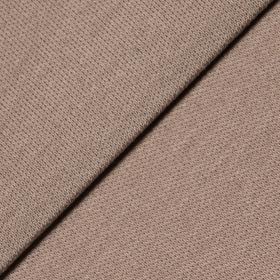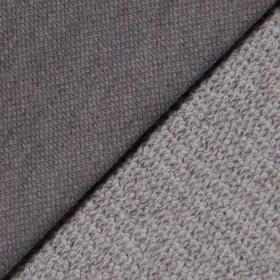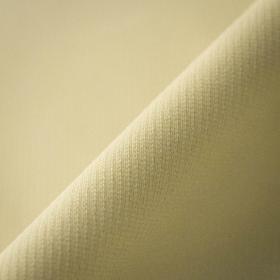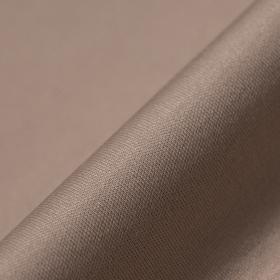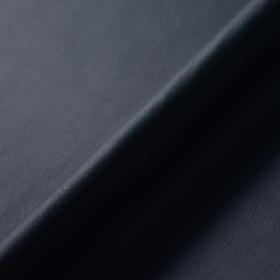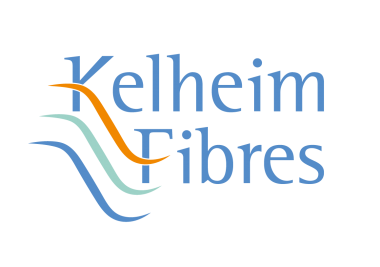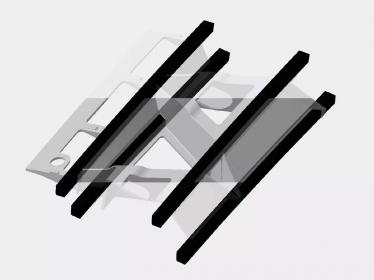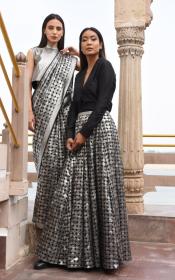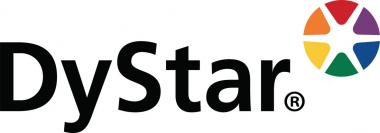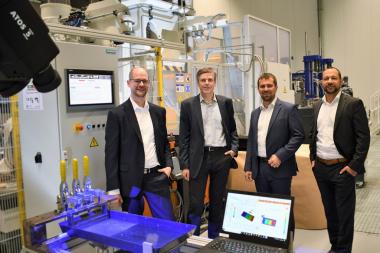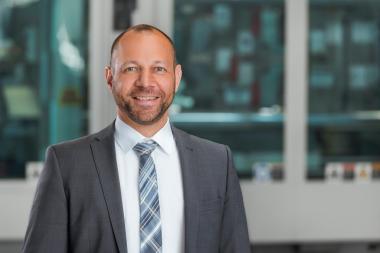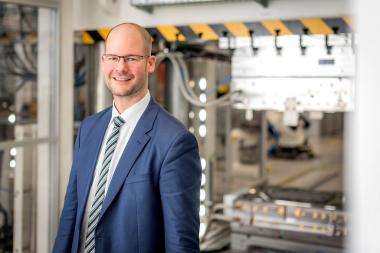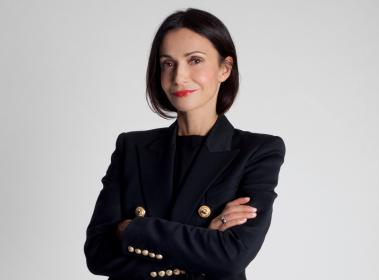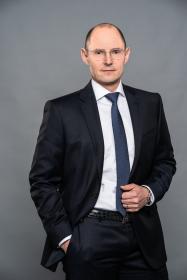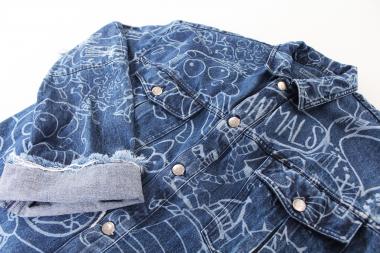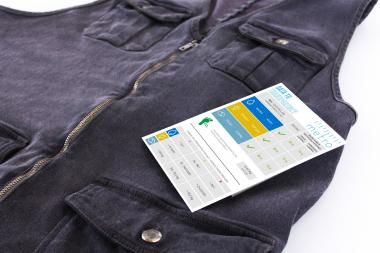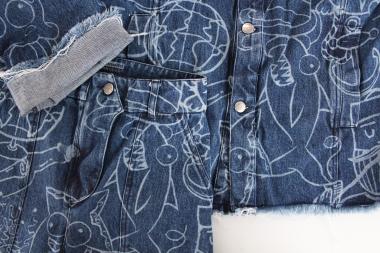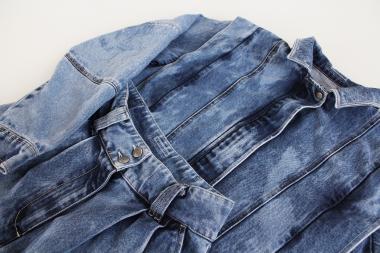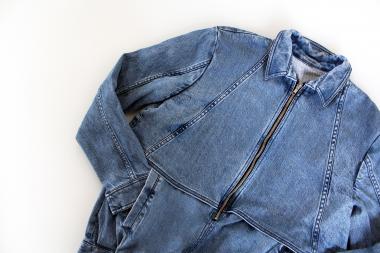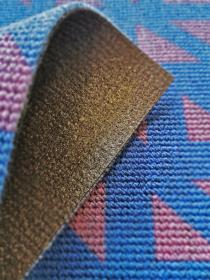Bangladesh’s Denim Expert becomes Sustainability New Champion
Denim Expert Limited, a denim manufacturing and washing plant of Bangladesh, has recognized as ‘New Champion’ by World Economic Forum. It’s the only apparel and textile entity in the world that received this recognition this year.
The New Champions Awards of World Economic Forum recognize excellence in sustainability, digital disruption and agile business governance. Denim Expert has been selected as ‘Honorable Mention’ in excellence in sustainability category.
The declaration was made by World Economic Forum in an official announcement published on their website on 16 November.
“From their impact on the planet and society to how they can participate in building a better future, the World Economic Forum’s New Champion companies are doing just that – exploring the new business models, emerging technologies and sustainable growth strategies that will be vital in the Fourth Industrial Revolution” was said in the World Economic Forum announcement.
Denim Expert Ltd.


